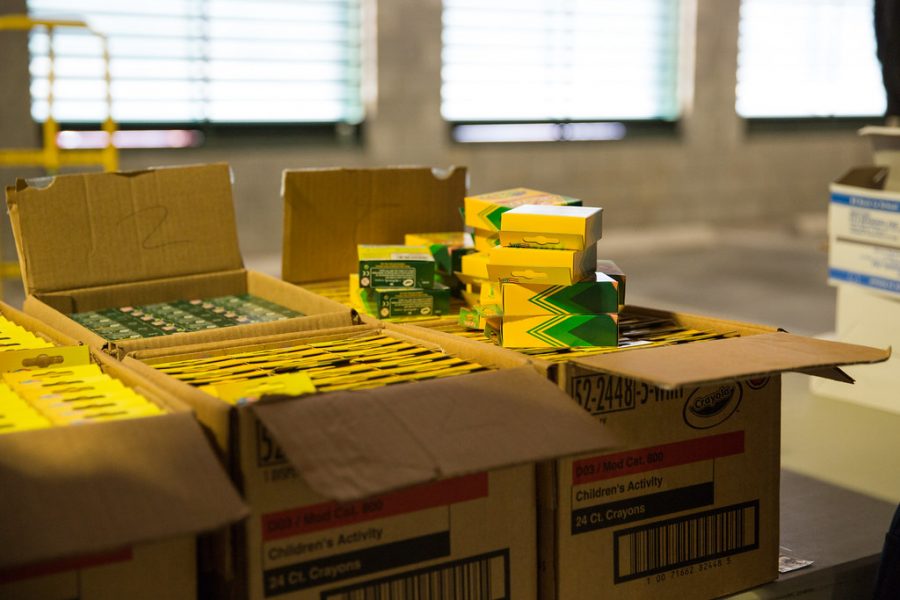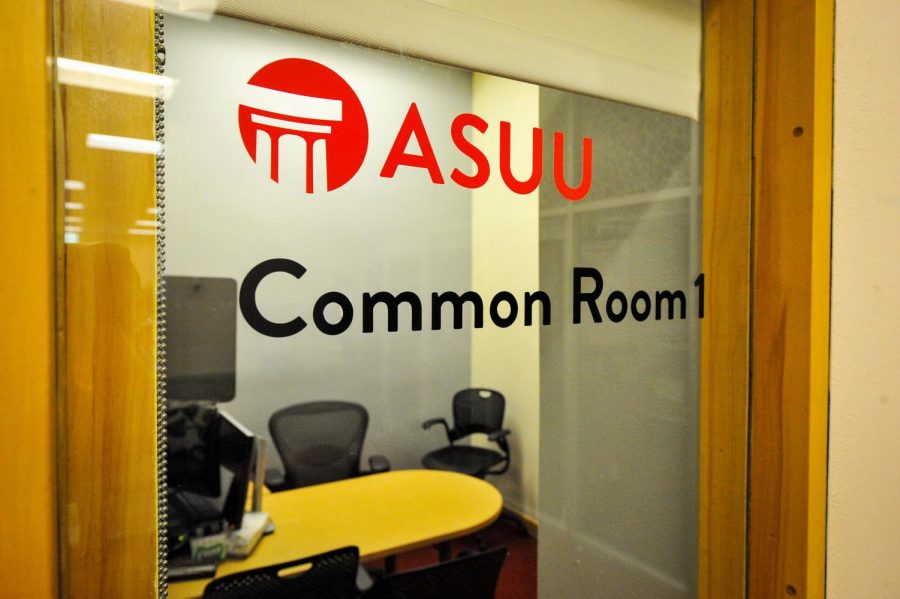Emery: Teachers Should Not Need to Pay for Their Own Supplies
February 25, 2020
On average, teachers in the United States are paid about 20% less than individuals in other similarly educated professions. On top of this fact, teachers work many long, uncompensated hours far beyond their students’ school day. Outside of school, teachers revise lesson plans, grade homework and purchase supplementary materials for instruction. These expenses are currently the teacher’s responsibility, but a bill in the legislature would change that. State Senator Jacob Anderegg’s Tax Credit for Educator Expenses Bill, S.B. 69, would allow Utah teachers to receive up to $1,000 a year in income tax credit for certain out-of-pocket classroom expenses. The bill is incredibly important and should have been implemented years ago — but its necessity is indicative of a larger problem in Utah’s education system. The Utah Legislature should pass Anderegg’s tax credit, but they also need to increase education funding so all classrooms have sufficient supplies without having to supplement budget shortfalls with teacher salaries.
S.B. 69 would allow Utah educators to claim the cost of materials purchased out of pocket and used for instruction or counseling — including technology and software, classroom supplies and supplementary materials. While there is a provision similar to Anderegg’s bill in the federal tax code, it only allows teachers to claim up to $250 dollars per year. This bill would allow teachers to claim up to $1,000 per tax year. Teachers know best which materials would benefit their students, but the cost burden of those materials should not be theirs. Anderegg’s tax credit would ease these weights while maintaining teacher autonomy in deciding what is most effective for their students.
A 2019 analysis by the Economic Policy Institute found that the average U.S. teacher spends $459 dollars a year on non-reimbursed classroom materials. It also found that nine out of every 10 teachers accumulate these out-of-pocket expenses. The EPI analysis found that Utah teachers pay less than the national average, $364 annually, but Utah teachers are also among the worst paid in the nation. During the 2017-18 school year, the average salary for Utah teachers was $47,604 — only Mississippi, West Virginia and Oklahoma paid their educators less. Utah families want their students’ teachers to provide the best education that they possibly can, but these funding conditions make it hard to do so. According to the Learning Policy Institute, almost 20% of teachers leave the profession because of low pay. Attracting and retaining high-quality teachers is one of the most effective ways to increase student outcomes, but the combination of low pay and high costs turns many qualified individuals away from teaching. Anderegg’s bill, which the Senate Revenue and Taxation Committee unanimously approved with a favorable recommendation, could help alleviate these burdens and attract new and highly qualified teachers to Utah’s schools.
According to a report published by the Utah State Board of Education, in the 2017-18 school year, there were almost 29,000 classroom teachers in Utah. Considering the average teacher in Utah is expected to spend $364 dollars on their students in that year, Utah teachers spent almost $10.5 million out of pocket. Conveniently, at the end of the fiscal year in 2018, state leadership announced that there was a $150 million budget surplus in the education fund. Instead of taking the opportunity to invest the surplus in education, state leaders held up these funds in the name of fiscal responsibility. Utah teachers work long hours — and some even take on second jobs — to make ends meet. It is not the fiscally responsible choice to withhold necessary funds — it just makes it more difficult to educate the next generation of Utahns, hurting the state’s economy in the process.
The Utah Legislature should pass Anderegg’s Tax Credit for Educator Expenses, but going forward, state leaders need to do much more to prioritize Utah students. Adequately funding schools to equip teachers with the supplies they need is not only the right thing to do, but it is the economically sound choice to make. As Utah continues to grow, it can, and should, become a leader in education and demonstrate the value of a state government that recognizes the importance of quality education. Bypassing Anderegg’s bill and making subsequent changes to funding, the legislature can send a clear message to the public and to other states that Utah values an educated workforce and the teachers that make it possible.







